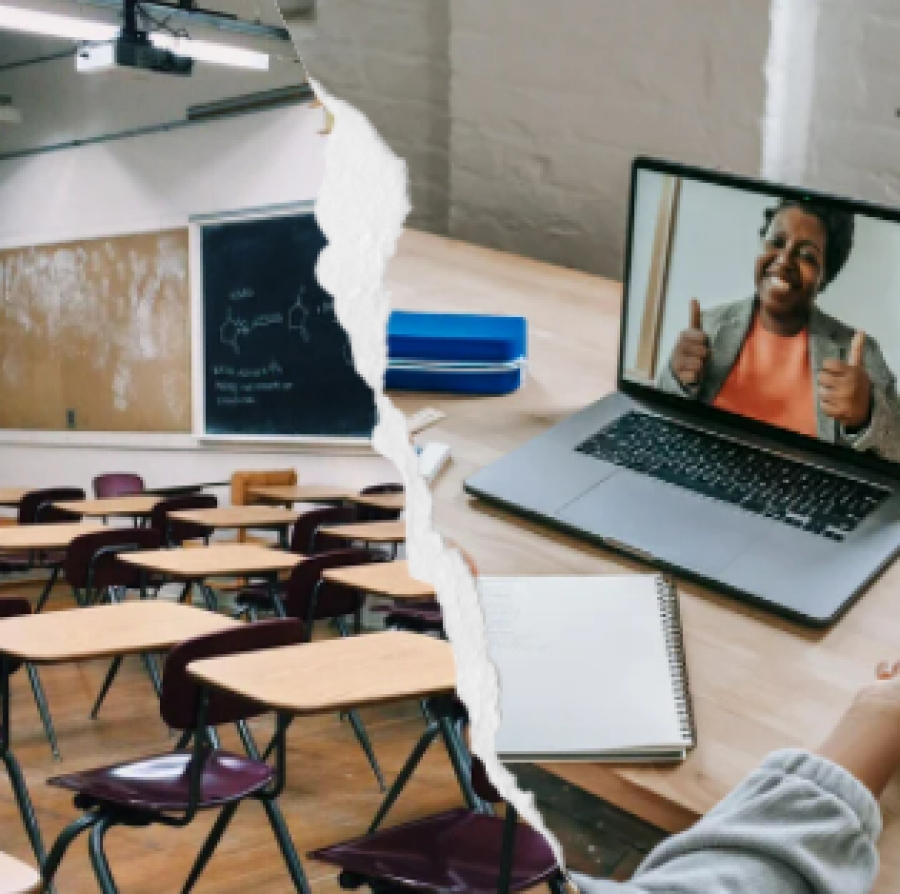1. Clarity of Learning Goal: As teachers introduce the lesson, the objective or learning goal is stated briefly at the beginning of the lessons. This is a great starting point, but students need to revisit the learning goal at least three times during the lesson. The purpose is to allow the student to self-monitor their progress towards the goal of the day and seek support to help meet the goal.
2. Telling Students Everything: Teachers spend countless hours planning lessons only to do most of the modeling and thinking during the lesson. Students are often asked only to recall or complete basic questions. As an educator, the question is where in the lesson will my students do the thinking and how will I elicit their thinking? Students should be telling their peers and their teacher what they are learning and applying it to new situations.
3. Lots of Teacher Talk: The majority of the lesson is dominated by teacher talk. We ask students a question, get one or two responses, and are ready to proceed. Effective classrooms allow student-centered discussions to dominate their classrooms so that students uncover the content versus being told what the content is. Let’s not be like the adults in the Peanut Movie, but instead, be more conscious of how often we share content and provide more opportunities for students to share and wrestle with new ideas.
4. Reflection Time Missing: There is a saying that if there is no reflection, then no learning took place. As time progresses, teachers may often feel there is not enough time to reflect on the lesson, and thus it is omitted. But this is where the brain’s memory absorbs the most information. If students are given the learning goal, they must be asked to reflect on their own progress towards that goal. They then begin to self-monitor and take more ownership of their learning. Reflection can occur in the last five minutes of a lesson and it works best with baroque music to help improve mental focus.
5. Overwhelm by too many ed-tech tools: Many teachers resist adding ed-tech tools to their lessons. Based on conversations, they feel overwhelmed by the number of tech tools available and lack of continued training in using most of them effectively. Research shows that teachers should only focus on 2-3 tech tools at the most, and I have researched the top 3 tools to make teaching easier and simple for teachers to learn.
6. Lack of Choice: Each day students of various backgrounds and learning levels are asked to learn content the same way. Rarely do I observe a teacher offer students a choice in what they are learning. Differentiation can best be done by differing the content of the lesson. This can be done after teachers complete a check for understanding and students select one of three mini-lessons (review, practice, or challenge) based on how they did on the assessment. These mini-lessons should take no more than 15-20 minutes and can be completed individually or with a partner. This helps make the learning more targeted and every student feels a certain level of achievement based on what they need to meet the learning goal.
As a fearless educator, I always asked myself "what can I learn today?" I recommend that you use these 6 observations as a way to self-check what you are doing well and focus on areas you can improve in. We must transform learning and teaching, it starts with self-reflection and taking progressive steps to be better at our teaching craft. I commend you for the work that you do and challenge you to do more.


















